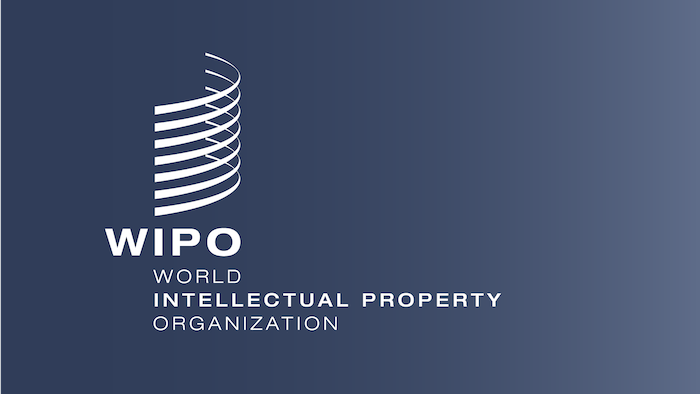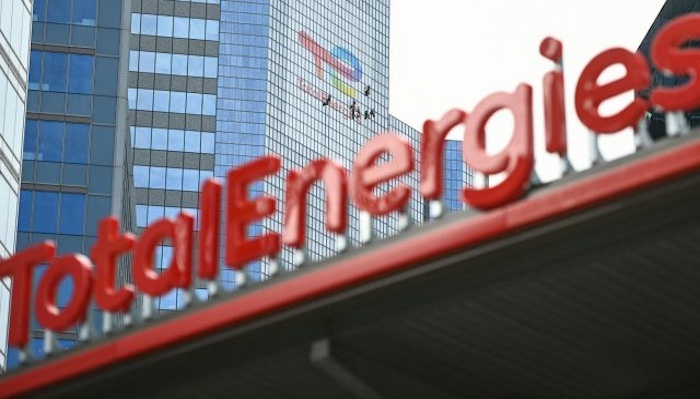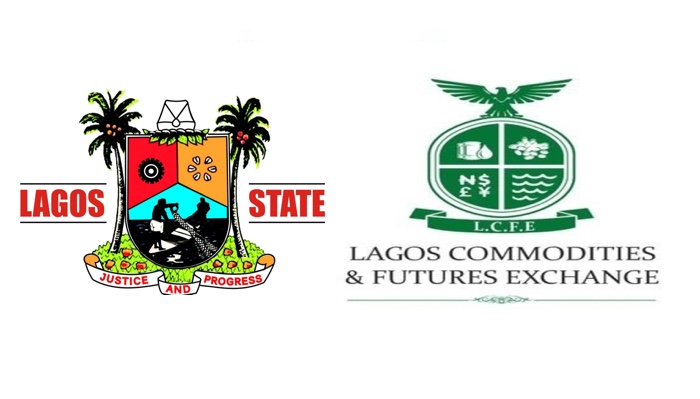
Nigeria has secured the 105th position in the World Intellectual Property Organisation’s (WIPO) Global Innovation Index (GII) for 2025. Despite missing out on the top 100, the country is recognized as one of the fastest risers this year, notably ranking first globally in unicorn valuation—a key indicator of its burgeoning tech startup ecosystem.
WIPO, a United Nations agency dedicated to safeguarding the rights of creators and innovators worldwide, evaluates nearly 140 economies annually based on a wide array of innovation metrics. These include research and development (R&D) investments, venture capital activity, high-tech exports, and intellectual property filings.
A unicorn refers to a privately-owned startup company valued at over $1 billion, highlighting Nigeria’s growing prominence in attracting venture capital and high-tech imports.
The 2025 report also highlights the steady progress of Sub-Saharan Africa, with 10 economies improving their global standings. Mauritius leads the region at 53rd place, excelling particularly in venture capital investments. South Africa follows at 61st, maintaining a strong foothold in ICT services imports and global brand presence. Other notable performers include Seychelles (75th), Botswana (87th), Senegal (89th), and Namibia (91st), the latter making the region’s largest jump by climbing 11 spots and leading the world in education spending.
Nigeria’s ranking places it just behind Rwanda, which holds 104th place and is recognized as the region’s longest-standing innovation over-performer. Senegal also climbed three places, showing strength in unicorn valuation and improved microfinance access.
The 2025 edition of the GII also welcomed five new entrants from Sub-Saharan Africa Seychelles, Malawi (125th), Lesotho (132nd), Guinea (133rd), and Congo (137th) demonstrating the region’s expanding innovation footprint.
Globally, Switzerland, Sweden, the United States, South Korea, and Singapore top the index, with China breaking into the top 10 for the first time.
Since its launch in 2007, the GII has become a vital tool for policymakers and business leaders, offering actionable insights to foster innovation ecosystems and guide economic growth strategies. The index continues to spotlight emerging markets outperforming expectations, such as India and Vietnam, along with 17 other low- and middle-income economies making notable strides.
As Nigeria climbs the ranks and deepens its investment in tech innovation, its growing startup valuations and venture capital activity signal promising potential for the country’s future role in the global innovation landscape.



